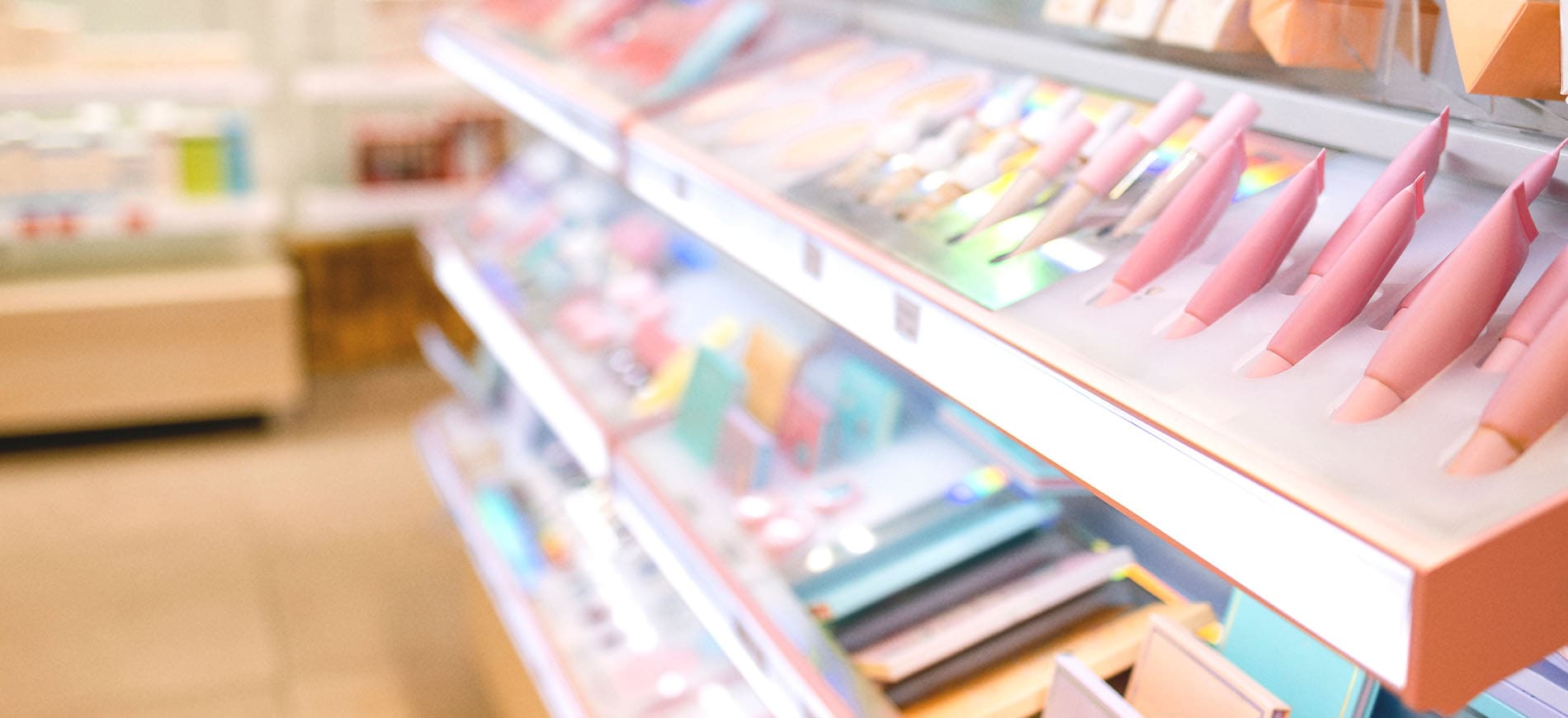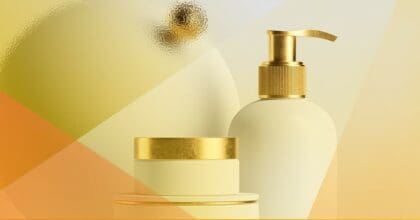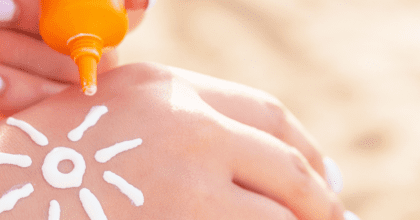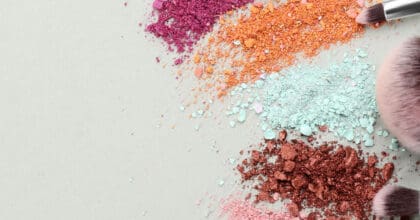-
Articles + –
Haircare brands tackle pollution in China
Pollution is now one of the leading concerns among Chinese consumers and has begun to have an influence on their daily lives. Habits such as checking the Air Quality Index (AQI) of their local area before heading outdoors, wearing masks, using air purifiers, and so on are becoming increasingly prevalent. Now, haircare brands are addressing concerns about pollution to better meet the needs of consumers.
Why Is This Important?
Skincare leads in terms of new product launches carrying anti-pollution claims, but as of 2014, an increasing number of haircare products now also fall into this category. In fact, Mintel GNPD research shows that global new haircare product launches carrying an anti-pollution claim increased 6 percentage points 2012-Q1 2016. These products mainly claim to remove impurities caused by pollution and strengthen hair’s barriers against harmful exterior factors.
Brands are targeting pollution-conscious consumers by championing ingredients such as moringa seed to communicate the “pollution-proof” nature of their products. Schwarzkopf has introduced its new Purify & Protect range to cater to the prevalent anti-pollution needs of Chinese consumers. The brand emphasizes its use of moringa seed extracts which, in addition to being a “pure” and “natural” ingredient, is also widely used as an active ingredient in a number of high-end cosmetics thanks to its ability to deeply cleanse the hair and protect it from harm caused by polluted air and water.
Schwarzkopf’s MOJI App campaign
As a means of accurately targeting consumers concerned by pollution, Schwarzkopf has partnered with China’s most-downloaded app, MOJI. The app provides live information on local environmental factors such as weather, temperature, humidity, AQI and particulate matter index (PM2.5). As part of the marketing campaign MOJI users can sign up for a free 200ml, trial-sized shampoo.
What we think
Anti-pollution products present huge growth opportunities for haircare brands in China. As more and more consumers become savvy to the negative effects that pollution can have on their health and physical appearance it will create more opportunities for trading-up. What’s more, we could see anti-pollution claims extend into more subcategories and formats such as hair masks and sprays.
The partnership between Schwarzkopf’s Purify & Protect shampoo and China’s popular weather app MOJI is a great example of brands partnering to better reach their intended target market. It is a very interesting strategy that other brands need to consider in order to expand their consumer base.
We expect that the entire personal care market will see the rise of champion ingredients within new launches and moringa seed is a prime example. As a result of its widespread usage in the premium skincare segment, we expect its expansion into the personal care category as well.
Laurie Du is a Senior Beauty Analyst, Asia Pacific, based in Mintel’s Shanghai office. With a long career in BPC market research, Laurie has worked with brands including Shanghai Jawha, L’Oréal, Kao and Amore Pacific, giving her a unique perspective of the Chinese market, its key players, consumer behavioural trends and new product development.

Laurie is Mintel’s Senior Beauty Analyst based in Shanghai. She provides insights on the Chinese beauty market, consumer behavioural trends and new product development.
-
Mintel StoreGet smart fast with our exclusive market research reports, delivering the latest data, innovation, trends and strategic recommendations....View reports
-
Mintel LeapMintel Leap is a revolutionary new AI-powered platform that will transform your research process....Book a demo









































